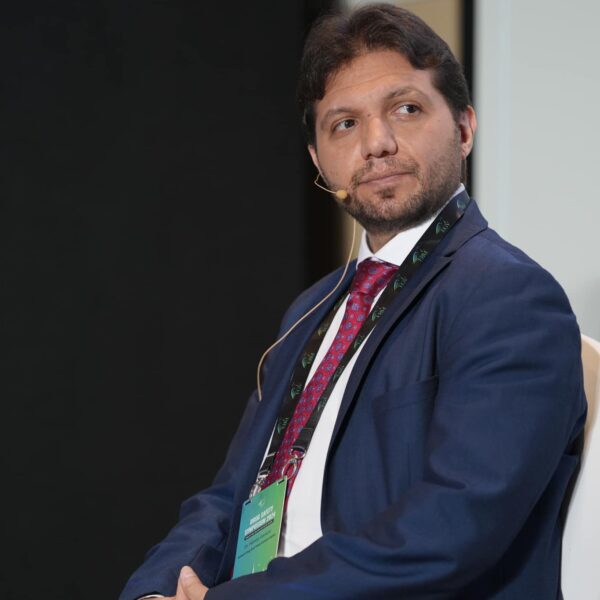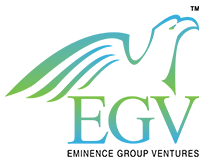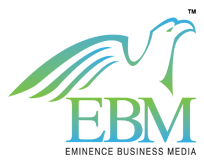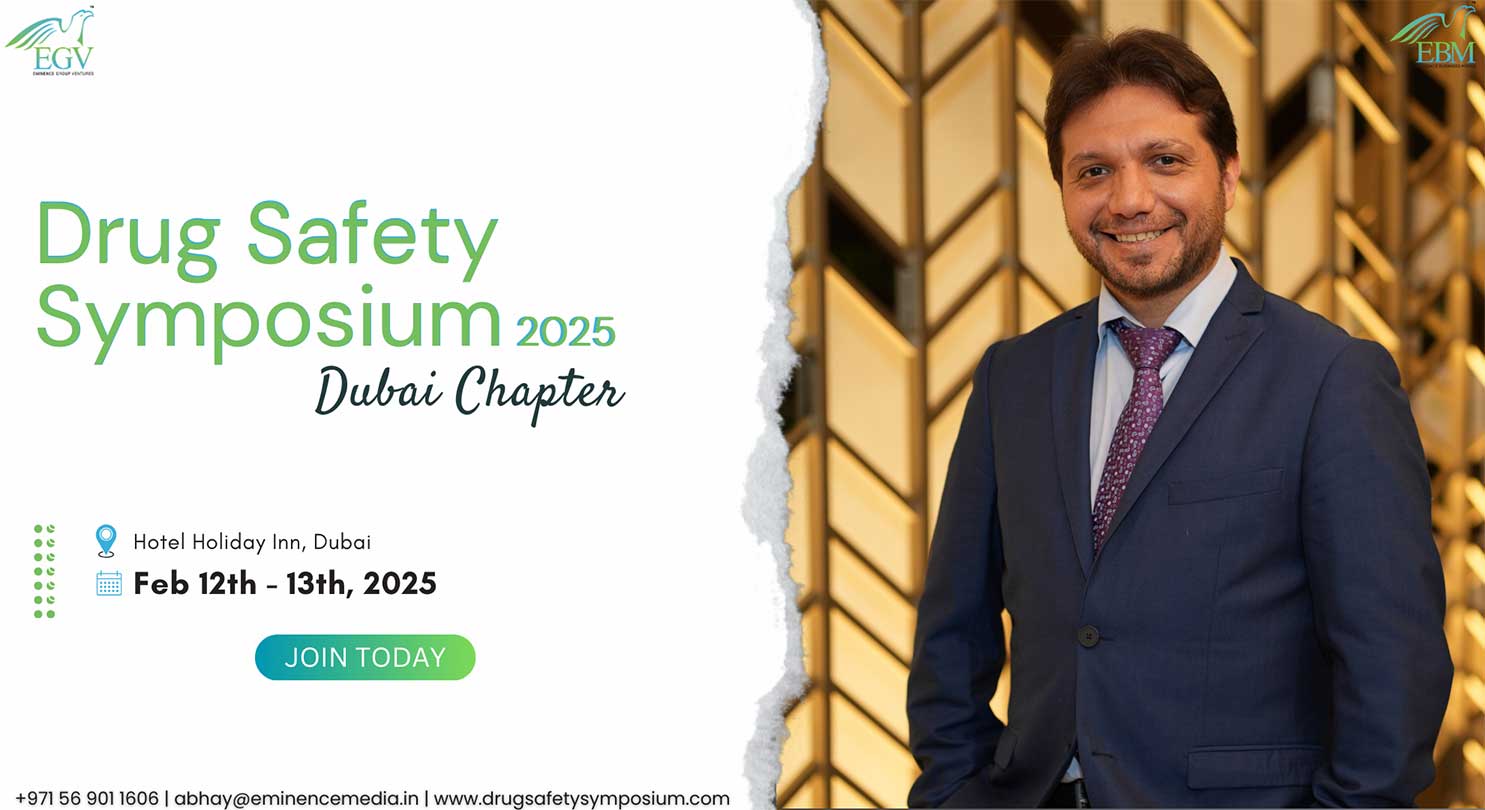
In an era where the complexity of medicines continues to grow, the need for robust pharmacovigilance has never been more critical. Beyond safeguarding patient health, effective drug monitoring systems are pivotal in reducing healthcare costs and sustaining economic stability. To delve deeper into the economic impact of pharmacovigilance, our Head of Research and Production, Ms. Vrushali Negandhi sat down with Dr. Hamza Garashi, an expert in pharmacovigilance working with the Kuwait Food and Drug Control Authority. In this insightful conversation, Dr. Garashi sheds light on the vital intersection of healthcare and economics, and the future challenges and opportunities in pharmacovigilance.
Vrushali: Dr. Garashi, pharmacovigilance is often associated with patient safety, but there’s also an economic aspect to it. Can you explain how pharmacovigilance impacts the economy?
Dr. Garashi: Certainly. While the primary goal of pharmacovigilance is to protect patients by monitoring and preventing adverse drug reactions (ADRs), its economic impact is significant. Early detection and prevention of harmful drug effects can save healthcare systems enormous costs. Treating the consequences of unsafe drugs—hospitalizations, additional treatments, and even long-term care—can be extraordinarily expensive. By identifying risks early, pharmacovigilance reduces these financial burdens.
Vrushali: So, it’s not just about safety, but also about cost-efficiency in healthcare?
Dr. Garashi: Exactly. Pharmacovigilance is a preventative measure that, in the long run, saves money. When a drug’s adverse effects are identified and addressed promptly, we avoid the high costs associated with treating those effects. Moreover, healthy patients are productive members of society, contributing positively to the economy. This broader perspective is crucial when considering the value of pharmacovigilance.
Vrushali: How does Kuwait’s pharmacovigilance system compare with those in other countries?
Dr. Garashi: Kuwait’s Pharmacovigilance system is quite new and there are efforts to develop it further to reach the level of other countries in the region with more advanced systems. Being a member of the World Health Organization (WHO) Programme for International Drug Monitoring provides us with the combined resources of the WHO, its International Drug Monitoring Centre, and other program members and access to expertise and tools to support our national pharmacovigilance system.
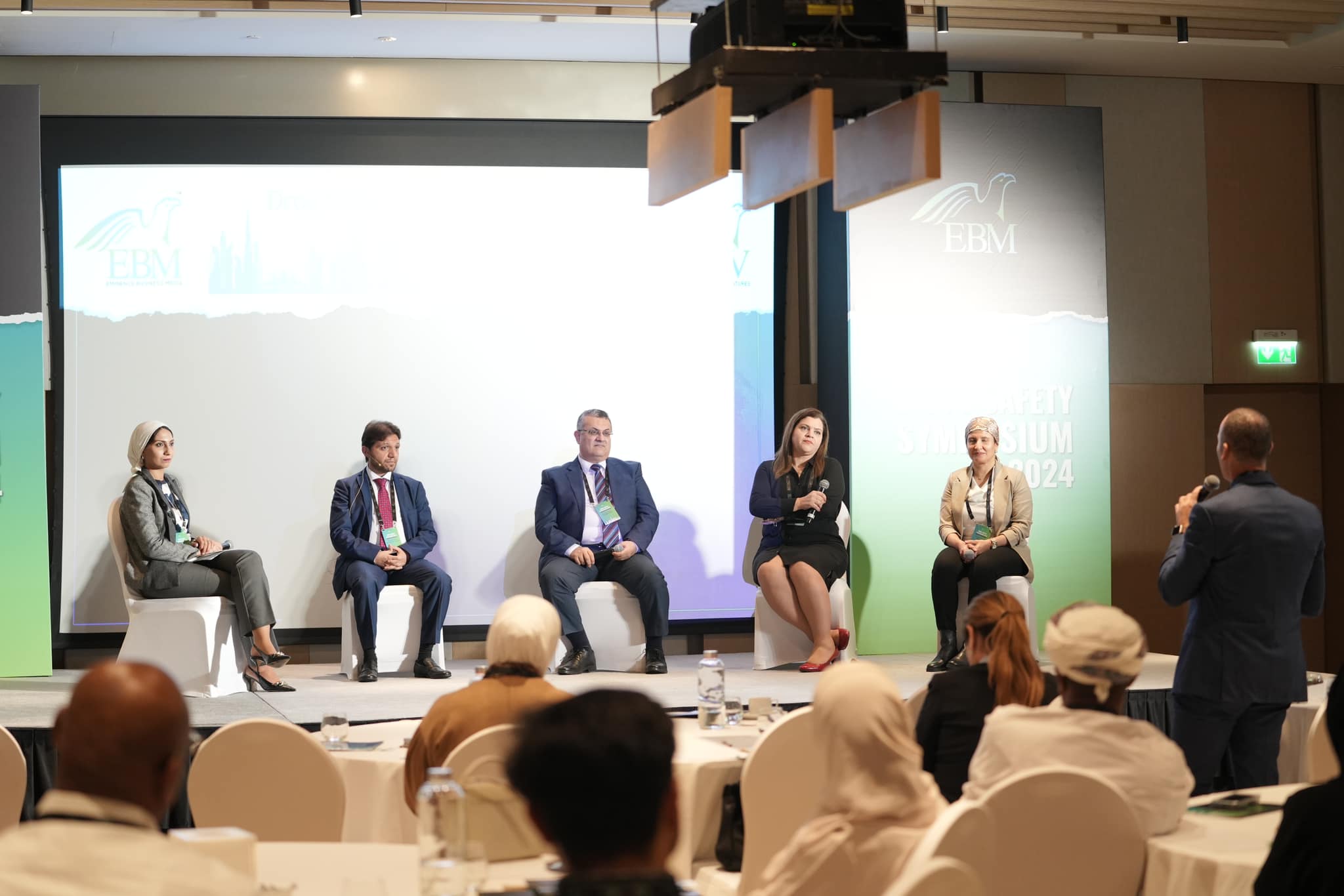
Vrushali: With pharmaceuticals becoming more complex, what challenges do you foresee in maintaining effective pharmacovigilance?
Dr. Garashi: The complexity of modern pharmaceuticals does indeed pose challenges. As drugs become more sophisticated, so too does the task of monitoring them for safety. However, advancements in technology, like big data analytics and artificial intelligence, are offering us new tools to manage these challenges effectively. It’s essential that we continue to evolve our methods and adopt these innovations to stay ahead.
Vrushali: What role do you believe policymakers and healthcare professionals should play in supporting pharmacovigilance?
Dr. Garashi: Pharmacovigilance must be seen as a shared responsibility. Policymakers need to ensure that regulations support comprehensive drug monitoring systems, while healthcare professionals play a vital role in reporting adverse reactions. This cooperation is crucial for maintaining the integrity of our healthcare system and ensuring the safety of the population. Pharmacovigilance should not be viewed as merely a regulatory obligation but as a fundamental component of public health.
Vrushali: Dr. Garashi, your insights have been incredibly enlightening. Pharmacovigilance is not only essential for patient safety but also for the economic health of our nation. Thank you for sharing your expertise with us today.
Dr. Hamza Garashi: Thank you for the opportunity. We must continue to have these conversations and raise awareness about the critical role of pharmacovigilance in our healthcare systems.
——–
As our conversation with Dr. Hamza Garashi draws to a close, it is clear that the economic implications of pharmacovigilance extend far beyond mere regulatory compliance—they are a cornerstone of sustainable healthcare. Dr. Garashi’s insights have underscored the essential role that drug safety plays in not only protecting public health but also in ensuring economic efficiency within the pharmaceutical industry.
I look forward to continuing this important dialogue at the upcoming Drug Safety Symposium 2025 in Dubai this February, where we will explore further the evolving landscape of pharmacovigilance and its global impact. Mark your calendars for what promises to be an event filled with groundbreaking discussions and innovative perspectives on drug safety.
—————————————————————
